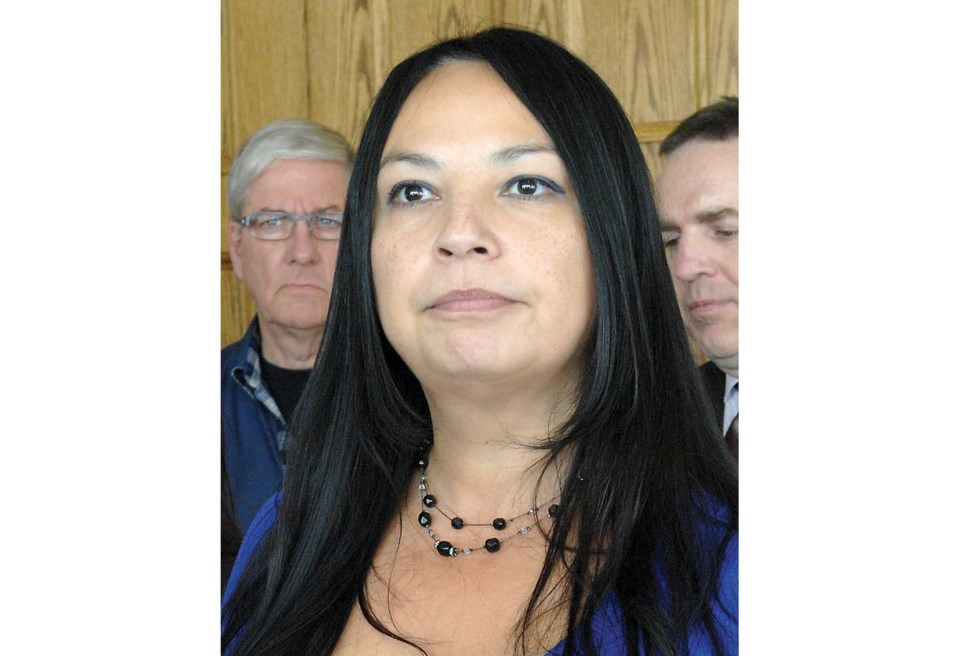Mary Teegee, the Carrier Sekani executive director of child and family services, said the provincial Passenger Transportation Board's decision to reduce bus service in northern B.C. will put vulnerable residents of rural and remote communities at risk when they have fewer public transportation options.
As a result, she's worried more people, especially women and youths, will resort to hitchhiking as a means of travel to larger cities.
"We requested in a letter they wouldn't be cutting the routes at all," said Teegee. "We're definitely not happy and we think they have to rethink their decision. If they are not going to be doing that, we have to look at other avenues of transportation.
"You see people on the highway hitchhiking right now and this will mean they will be doing that even more so."
Teegee said the report disregards the recommendations of Missing Women Inquiry Commissioner Wally Oppal, who in December called on the provincial government to immediately commit to developing and implementing a system to provide a safer travel option connecting northern communities along Highway 16. The road between Prince George and Prince Rupert became known as the Highway of Tears after women went missing while traveling on the highway.
In his 2006 Highway of Tears Symposium report, Oppal recommended the provincial government implement a shuttle system to pickup and drop off young female passengers at all First Nation communities, towns and cities located along the 724-kilometre stretch of highway west to Prince Rupert.
"Especially in our smaller communities, which are the backbone of British Columbia, we don't have those services so we have to go larger centres," said Teegee. "When you're the most marginalized of people and you have to get to Prince George, you need to have some ability to get there, and if the buses aren't running, I don't know how we will ensure that's going to happen.
"We always hear there's no hope past Hope, and we have to get our municipal leaders, our political leaders, and our chiefs together to find how to get our people to services. There has to be solutions coming from the north for the north. We are putting our young women at risk."
Greyhound spokesman Grant Odsen said the company would be interested in working out an agreement with provincial agencies to provide a shuttle service that would address concerns raised in the Missing Women's Inquiry.
"Obviously there has been more than one report that has come out that identifies a socioeconomic transportation issue along the Highway of Tears and my understanding is the government is reviewing the reports," said Odsen, regional manager of passenger service for Greyhound Canada. "At such time they feel they'd like to do something and they have some options that might involve Greyhound we'd be more than happy to speak with them."



